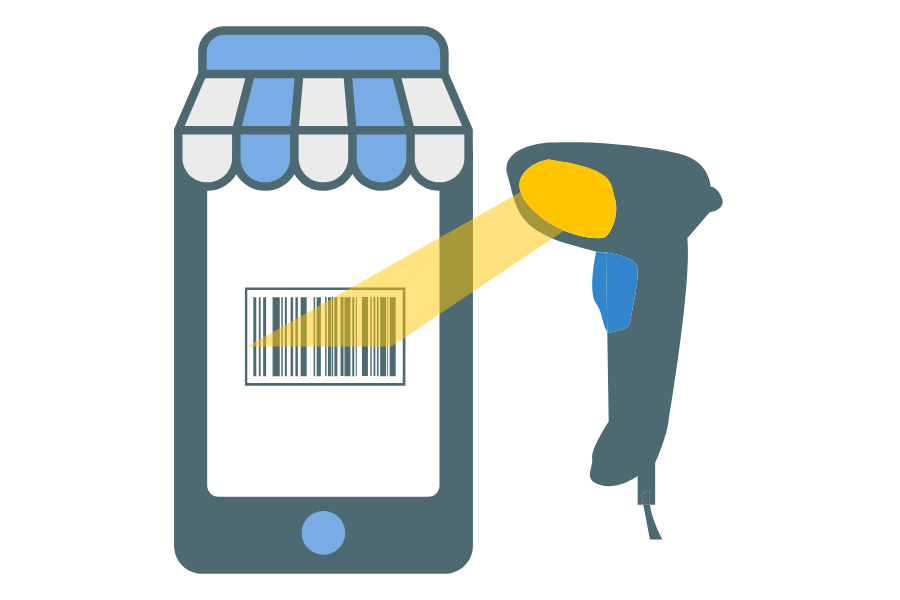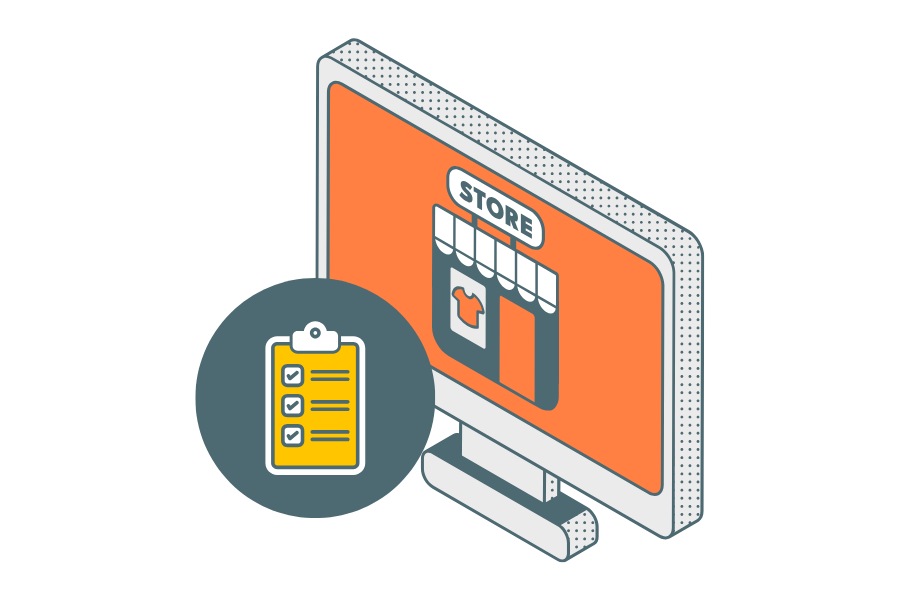How to Register as a Sole Trader in the UK: A Step-by-Step Guide
Setting up as a sole trader is one of the most straightforward ways to start a business in the UK. It gives you full control over your operations, comes with fewer administrative hurdles than other business structures, and is ideal for many self-employed individuals. To stay compliant and avoid surprises down the line, it’s important to understand each step of the process—including your legal and financial responsibilities. Along the way, having solid accounting services in place can help you manage your finances effectively and ensure you’re meeting all your tax obligations.
In this guide will walk you through how to register as a sole trader in the UK, manage your obligations, and stay organised with your accounting services.
Step 1: Understand What It Means to Be a Sole Trader
Before diving in, it’s important to know what being a sole trader actually involves. As a sole trader:
- You own and run the business by yourself, even if you hire others.
- You’re personally responsible for any business debts.
- You must report your business profits and pay tax through the Self Assessment system.
This model works well for many UK small businesses, especially those that value flexibility and ease of setup without forming a limited company.
Step 2: Choose a Business Name
You can trade under your own name or create a unique business name—just make sure it follows the official rules:
- Don’t include terms like ‘limited’, ‘Ltd’, ‘LLP’, or ‘plc’—these are reserved for other business structures.
- Avoid offensive or misleading language in your business name.
- Make sure it’s not too similar to another registered trademarked name, to avoid legal issues.
You must also include your own name and, if applicable, your business name on all official documents, such as invoices and correspondence.
Step 3: Register with HMRC
You need to register with HM Revenue and Customs (HMRC) if your self-employed income exceeds £1,000 in a tax year—or even sooner if you want to claim tax-deductible expenses.
Here’s how to do it:
- Go to the official HMRC website.
- Create a Government Gateway account if you don’t already have one.
- Complete the online Self Assessment registration form.
- Submit information like:
- Your name and address
- Your National Insurance number
- Your business name and type of work
- The date you began trading
Once registered, HMRC will issue your Unique Taxpayer Reference (UTR) number, which you’ll use when filing your tax return.
✅ Still doing accounting the old way? Your competitors aren’t. Counto’s AI handles the boring stuff while experienced accountants ensure everything’s perfect. See the future of accounting here.
Step 4: Keep Your Financial Records in Order
Good recordkeeping is more than a legal requirement—it’s a vital part of running your business efficiently. From day one, keep track of:
- All income – including sales, invoices, and payments received.
- Business expenses – such as supplies, equipment, travel, and marketing costs.
- VAT records, if registered – these must be kept for at least six years.
These records help you calculate your profit, make informed financial decisions, and file accurate tax returns.
Step 5: Understand Your Tax Responsibilities (2025/26 Updates)
Once you’ve registered as a sole trader, it’s important to know what you’re required to pay—and when. Here’s what you need to know for the 2025/26 tax year, based on official UK government guidance:
Income Tax
- If your business income exceeds £1,000, you must register for Self Assessment with HMRC.
- If you’ve never filed before, register by 5 October 2025.
- You’ll pay income tax on your business profits through the Self Assessment system.
National Insurance Contributions (NICs)
- Class 2 NICs have been abolished from April 2024 for most sole traders.
- You can still make voluntary Class 2 contributions if your profits are below the small profits threshold to retain certain state benefits.
- Class 4 NICs (2025/26 rates):
- 6% on profits between £12,570 and £50,270
- 2% on profits above £50,270
VAT
- You must register if your taxable turnover exceeds £90,000 over a 12-month period.
- Voluntary registration is also allowed if it suits your business model—for example, to reclaim input VAT on purchases.
Self Assessment Deadlines
- 5 October 2025 – Deadline to register if you haven’t filed before.
- 31 October 2025 – Paper tax return deadline.
- 31 January 2026 – Deadline for online tax return and payment.
New Reporting Requirement (From April 2025)
- You must now report the exact dates you start or stop trading in your Self Assessment return.
Making Tax Digital (MTD)
- MTD for Income Tax Self Assessment will apply:
- From April 2026 if your income is over £50,000
- From April 2027 if your income is over £30,000
Staying ahead of these responsibilities helps you avoid penalties, stay compliant, and better manage your business finances.
Step 6: Open a Business Bank Account
While not legally required, it’s highly recommended to separate your personal and business finances. A dedicated business bank account can:
- Make your bookkeeping clearer and more accurate.
- Help you track expenses for tax purposes.
- Demonstrate professionalism to your clients and suppliers.
It also makes it easier to review your cash flow and spot any issues early on.
Step 7: Plan Ahead for Your Tax Bills
Don’t wait until the end of the year to think about taxes. Regularly setting aside money for tax and NICs will keep you in control and avoid last-minute stress. Many sole traders also need to make “payments on account” toward the next year’s tax—something to factor into your cash flow.
Tip: Use a simple spreadsheet or accounting software to track your income and expenses throughout the year.
Step 8: Consider Getting Professional Help
As your business grows, managing your finances may become more complex. That’s where seeking professional support can be a game changer. Whether it’s hiring an accountant or consulting with a financial expert, professional assistance can help you:
- Stay on top of HMRC compliance.
- Identify potential tax savings.
- Avoid costly bookkeeping errors.
- Develop a financial strategy tailored to your goals.
If managing receipts, tax deadlines, or financial forecasts feels like a stretch, getting help with your accounting services is a smart investment that gives you more time to focus on growing your UK small business.
Summary
Knowing how to register as a sole trader in the UK is just the beginning. Staying on top of your finances, maintaining proper records, and understanding your tax responsibilities are essential for running a successful business.
Modern Accounting That Finally Gets Your Business
Running a small business means wearing too many hats. Your accounting shouldn’t add to that burden. Yet traditional bookkeeping services keep asking the same questions month after month.
Counto delivers outsourced accounting that gets smarter over time. Our AI platform learns your unique business patterns and automatically handles daily transactions, while expert accountants ensure everything’s accurate. With direct WhatsApp access to your Customer Success Manager, you get enterprise-level financial management without the enterprise price tag.
Experience accounting that works as hard as you do. Our small business clients cut bookkeeping time by hours and never miss a tax deadline. Ready for accounting that understands your business? To get started, speak to us directly on our chatbot, email [email protected] , or use our contact form.







